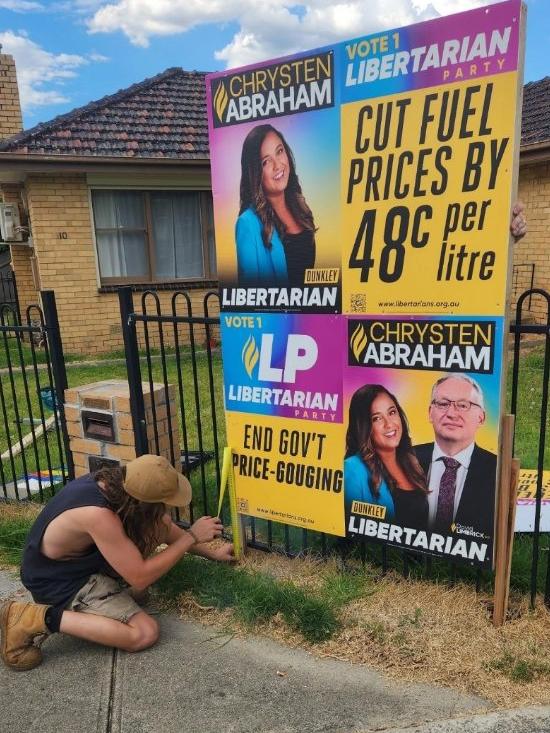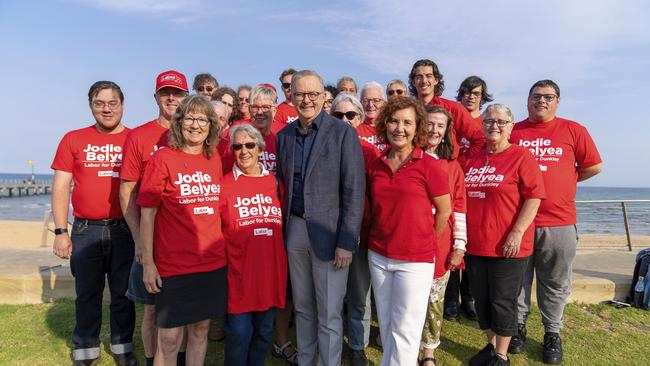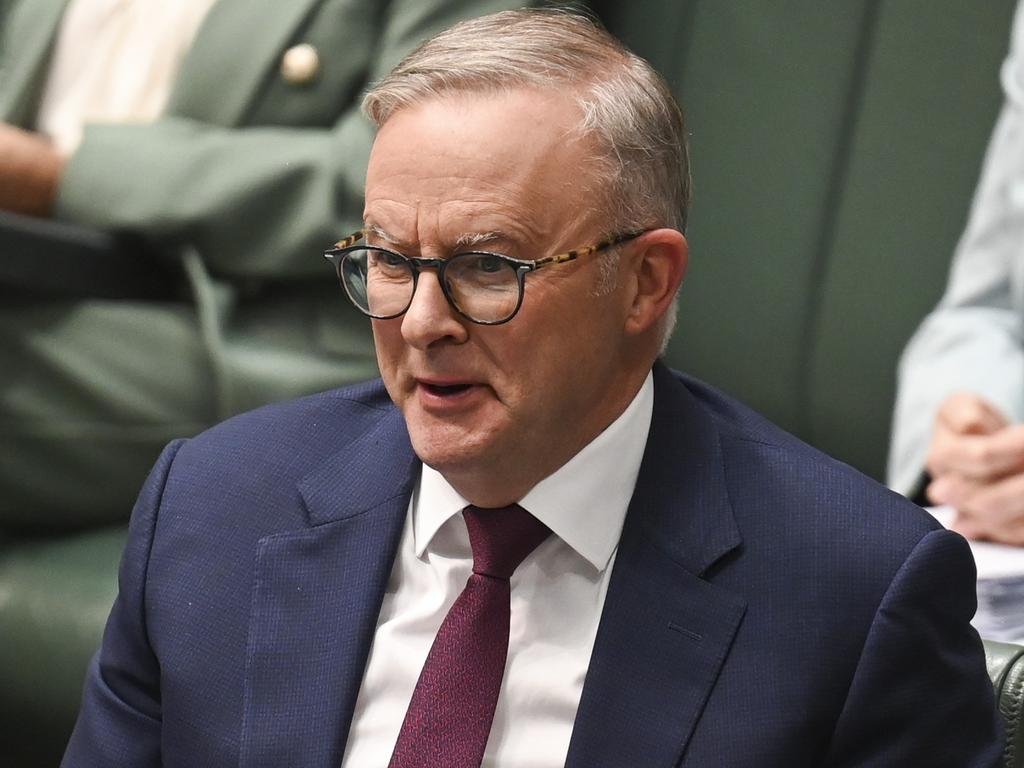Anthony Albanese turns Dunkley by-election into a one-seat referendum on his integrity


The Prime Minister has dropped any pretence the timing and recasting of the legislated stage three tax cuts were anything else but aimed at the section of Dunkley voters who earn less than $45,000.

Given his previous record on an “all in” referendum this is a huge gamble that puts at risk the political value of the entire tax package. The voters of Dunkley will rule on his political judgment, could further damage his leadership integrity and undermine the viability of his first-term government.
After the passage of the tax cuts on Tuesday night, Albanese’s unusually late press conference and his frenetic media appearances on Wednesday made it abundantly clear Saturday’s by-election in a Labor-held seat with a margin of 6.3 per cent was his priority for the whole exercise.

Albanese has put Labor’s biggest economic policy since the election squarely on the Dunkley doorstep and, therefore, made his leadership, Labor policies and the government’s standing, hostage to the result in one seat.
The Dunkley by-election result, which will become known as Albanese could attend the Mardi Gras in Sydney, now has a predictable political script to match every conceivable swing in the electorate to a plus 2 per cent for Labor to a minus 7 per cent — which loses the seat.
Obviously, a swing to Labor will be a total victory for Albanese and grounds to once again point to people underestimating him while a swing of 7 per cent will be a total loss and a repudiation of the political decision on the tax cuts and a condemnation of his leadership - further entrenching his loss of integrity over the repeatedly broken election promise not to change the legislated tax cuts.

The more likely middle ground of a swing against Labor - but the seat being retained - will be grounds for a fierce contest over just what is an “acceptable” swing against a government.
Albanese had already embarked on his own massaging of expectations with a figure of an average swing in by-elections in government held seats of 7 per cent — a convenient fit to his narrative if the seat is held — but has been forced to add the qualifier that the 7 per cent is only since the Hawke years.

The Coalition has already put out its own counter-narrative that the swings against governments when a local MP dies — as in Dunkley — is only 2.6 per cent.
But Albanese’s priority of the tax cuts, and his appeal for forgiveness for making a tough decision, have turned this by-election into a far more politically important result.
Albanese’s claims that the recast “Albo’s tax cuts” were “good policy” and a “tough decision” are fig-leaf and misleading arguments challenged by economists and even former reforming Labor Treasurer and Prime Minister Paul Keating.
What the passage of the tax cuts, despite Greens’ opposition and delaying tactics, has done is demonstrate what the political aim was all along - and so has put much more at risk than just one seat in Parliament no matter how important that seat.







Anthony Albanese has turned the Dunkley by-election into a one-seat referendum on his $105 billion tax cuts and his personal integrity.